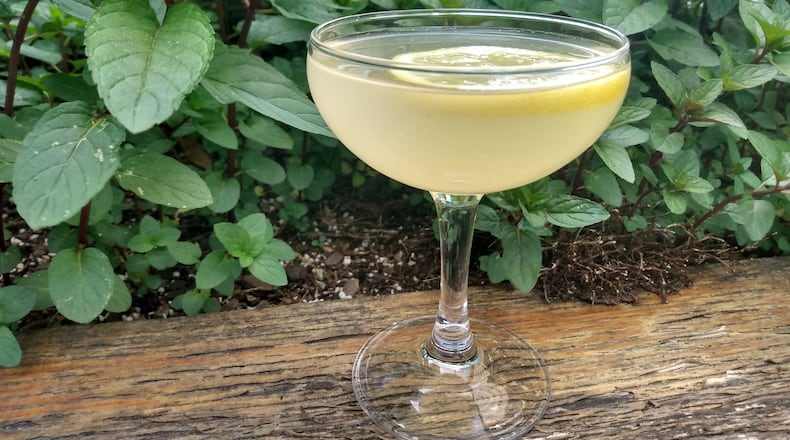ATHENS — An industry devastated by COVID-19 got a shot in the arm Wednesday when Gov. Brian Kemp signed legislation allowing restaurants to send cocktails home with takeout meals.
Senate Bill 236, which the governor signed at the Southern Brewing Co. in Athens, allows restaurants to sell two take-away cocktails per entree in sealed containers. A separate measure he signed, House Bill 273, is designed to make it easier for craft distillers to expand.
The governor and other supporters framed the bills as a much-needed boost for an industry that struggled during the pandemic. Surrounded by lawmakers and beer makers at the popular brewery on the outskirts of his hometown, Kemp said it reminded him of his family’s struggles to make ends meet when he started a business.
“We’ve been there before,” he said. “Probably 2.7 miles from here, at our farm where we live, on Friday nights saying we’ve barely got our people paid. We haven’t paid our suppliers. Are we going to make it through?”
Indeed, the food and beverage industry was shellacked by the coronavirus pandemic and the resulting lockdown.
Karen Bremer, president of the Georgia Restaurant Association, said the industry took a $5 billion hit in 2020 as COVID-19 kept Georgians from dining out, and the restaurants that stayed open were forced to limit capacity or shift to takeout services.
The changes were welcomed by restaurateurs mindful that cocktails usually offer the highest profit margins of any menu item. Under the new law, drivers would have to put the cocktails in a glove compartment, trunk or the back of their vehicle if they pick up the drinks by car.
Bremer cast the new law as the latest way the industry has adapted to economic pressures. In June, lawmakers approved home delivery of beer, wine and liquor, although many stores still don’t offer the service. Some restaurants were already selling to-go alcoholic beverages, but many local ordinances prohibited it.
“As the restaurant industry has had to quickly pivot to stay in business and meet consumer demand, takeout and curbside pickup have become wonderful options for our guests to support their favorite restaurants and dine at home,” she said.
Currently, more than 30 states plus the District of Columbia allow restaurants and/or bars to sell cocktails to go, according to the Distilled Spirits Council of the United States. Georgia restaurants can already sell unopened beer or wine to go in some areas.
Critics of the new cocktail rules warned they would be hard for authorities to enforce. Mike Griffin, a lobbyist for the Georgia Baptist Mission Board, told a Senate committee in March that loosening restrictions on alcohol sales would mean more consumption and more liquor in cars.
He said that with higher alcohol content, selling to-go cocktails would be like giving patrons a six-pack of beer with their meals.
“This is not as benign as it might appear,” Griffin said. “We’re not letting people take Coca-Colas and Pepsis out.”
Bremer said before restaurants offer cocktails to go they should check with their local governments to make sure it’s allowed. Under the new law, local governments can vote to opt out of letting restaurants sell cocktails to go.
“What they went through, how resilient they have been, has been remarkable,” Kemp told a crowd of about 100 local business owners. “This is what drives our economy.”
The new law is the latest in a series of changes to a set of alcohol-related laws that were mostly put in place about a century ago. Rick Goddard, the brewery’s co-founder, quipped that his grandfather was in grade school when rules that have long governed the industry were adopted.
“They’re somewhat antiquated,” Goddard said. “And this is a good step forward in repealing some of these laws that really don’t make any sense anymore.”
Keep Reading
The Latest
Featured





